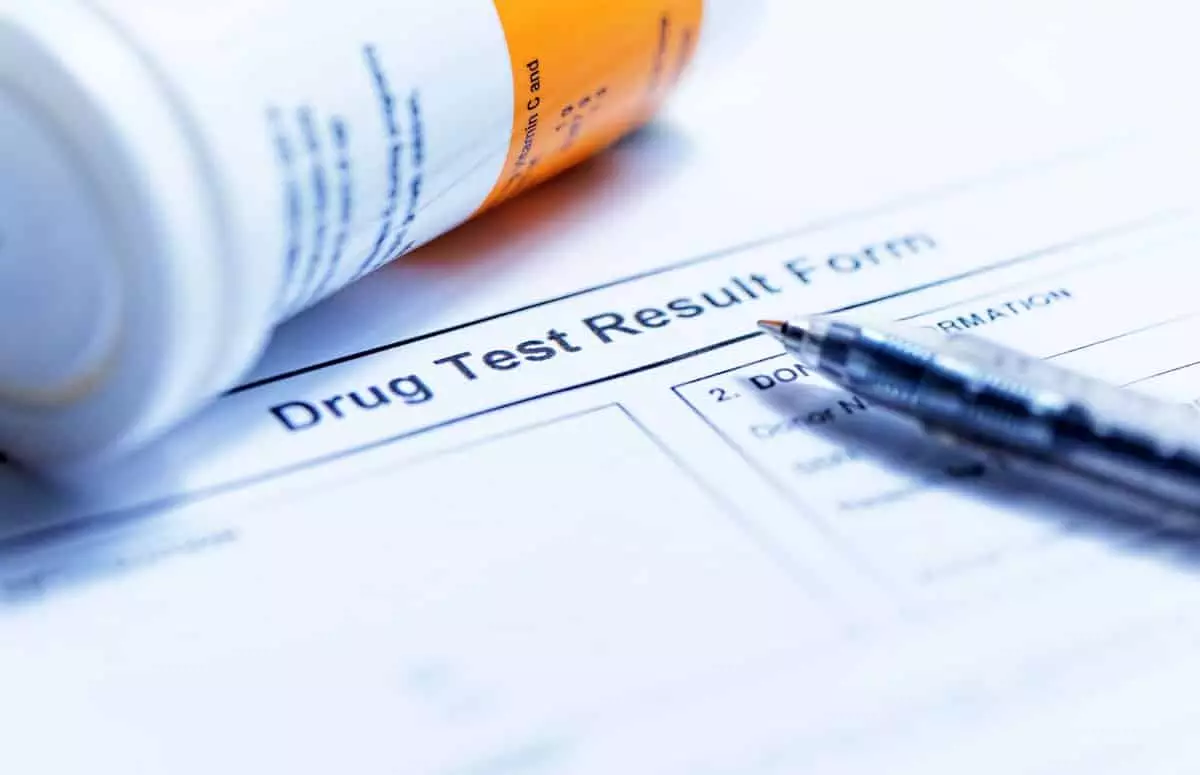DOT Consortium Open Enrollment Encourages Regulation Compliance
DOT rules changes that went into effect January 1, 2018, make consortium enrollment a smart business choice as DOT drug testing compliance features more regulations than ever. Wisconsin Drug Testing Consortium (WDTC), which provides businesses with the affordable services they need to stay compliant with DOT rules, is an accredited, Certified Third Party Administrator (C-TPA) specializing in DOT consortium open enrollment and management.
“There are many advantages to consortium enrollment as part of your DOT drug testing compliance program,” says Mike Bray, WDTC president. “The extensive regulatory requirements involved with DOT drug testing compliance make administering your own program problematic at best and an avoidable liability risk at worst.”
The DOT plans to begin testing truck drivers and other safety-sensitive transportation employees for four semi-synthetic opioids as part of its effort to address the national opioid crisis:
- Hydrocodone
- Hydromorphone
- Oxymorphone
- Oxycodone
These four drugs are Schedule II controlled substances commonly known as Vicodin, OxyContin, Lortab, Norco, Percocet and Dilaudid, among other names. New DOT drug testing compliance requirements resulted in additional reagent consumption and laboratory costs as of January 1.
Additional DOT Drug Testing Compliance Changes
The DOT has eliminated the requirement that employers submit blind specimens to meet testing goals for DOT drug testing compliance. This change relieves costs and administrative burdens for employers that are no longer necessary in light of improved testing accuracy.
Also, the direct observation requirement for collections has been revised to require service agents who learn that a direct observation collection should have been collected, but was not, to inform the employer to direct the employee to have an immediate recollection under direct observation. Previously, this requirement applied only to collectors.
WDTC manages DOT drug testing compliance and alcohol testing programs for employers, helping the employer maintain compliance with the DOT/FMCSA Drug and Alcohol Testing rules and regulations. Consortium enrollment allows employers to join a pool of several employers, including owner-operators who are not permitted to manage random testing themselves.
About Wisconsin Drug Testing Consortium
Wisconsin Drug Testing Consortium is an accredited, Certified Third Party Administrator (C-TPA), and specializes in Consortium Management; a variety of drug testing methods, including urine, hair and fingernails; post-accident testing; pre-employment drug tests; criminal background checks; supervisor training programs to keep employees compliant with DOT regulations; pre-employment DOT physicals; and paternity DNA testing. Headquartered in Green Bay, WDTC has offices in Appleton, Fond du Lac, and Madison, Wisconsin, and Escanaba, Michigan. Call 920-393-4168 or visit www.widrugtesting.com for more information.



